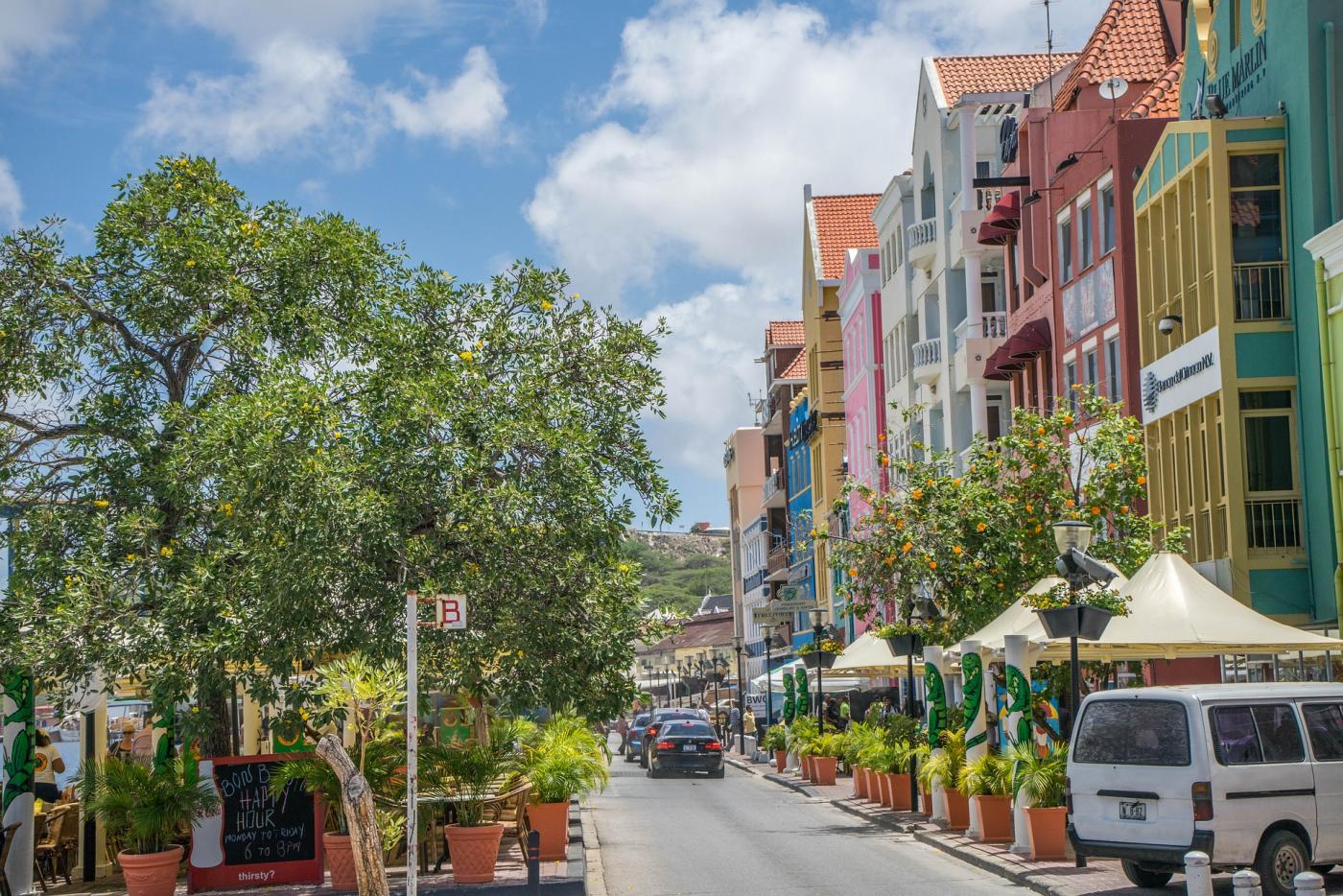Ministry "working on" issues faced by Dutch Caribbean students

Not all international students know that the Kingdom of the Netherlands extends to the countries of Aruba, Curaçao, and Sint Maarten, as well as the cities of Bonaire, Sint Eustatius, and Saba, all located in the Caribbean. This means that people born there are Dutch citizens, too – and many of them (around 1,600 a year, to be more exact) come pursue their higher education in the Netherlands.
Last year, the national ombudsman sounded the alarm about these students, pointing out that they often have to deal with prejudice, language deficiencies, and issues with formalities like medical insurance – all without having a local network to fall back on. No wonder they drop out of educational programmes more frequently, in comparison to Dutch students. Something has to be done fast, stated the ombudsman then.
Unfortunately, things aren’t moving that fast. It took the Dutch minister of Education seven months to reply to the ombudsman’s warnings. The core of her response: "you’re right, we’re working on it."
Problematic
The Minister has now sent a letter (text in Duth) to the House of Representatives with more or less the same message as last year, stressing how tough the situation is for Caribbean students. A simple task like getting a social security number can become an ordeal for them, because students can only apply once they're registered in a municipality here. Improvements are also necessary in terms of pre-university education and academic counselling.
In part, these are problems international students in general have to deal with, but for Ingrid van Engelshoven, that is no excuse. If young people from the Dutch Caribbean want to go to university, they often have few choices other than coming to the Netherlands. That isn't the case for most international students.
The Rotterdam University of Applied Sciences, which attracts many Caribbean students and thus knows the problems intimately (article in Dutch), has taken the initiative to devise a better approach in collaboration with other parties. Their proposals will be formalised this fall, the minister informed the parliament.
Report
Her letter was accompanied by a hefty report, compiled by research agency ResearchNed, outlining the experiences and rates of academic success of students from the Dutch Caribbean. Each year, around 750 Caribbean students enrol at universities of applied sciences (hogescholen) and about 250 attend universities.
After eight years, only 40 percent of the ones enroled at hogescholen and 75 percent of those in universities have gotten their diplomas. The gap between expectation and reality is wider for them than it is for other students, the researchers observe.